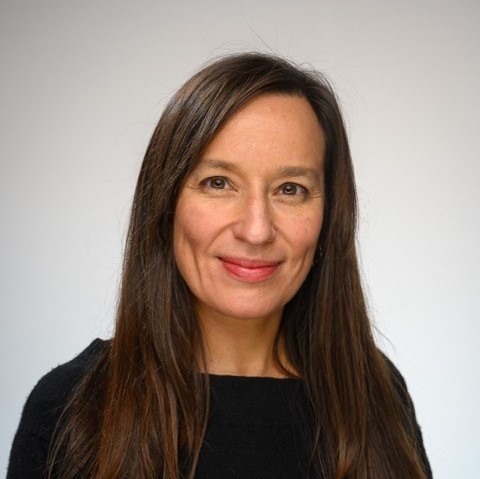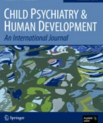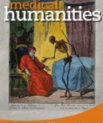Digital Confinement. The Reconfigurations of Borders and Detention Through New Technologies
New Grant to Carolina Sanchez Boe from the Carlsberg Foundation

Carolina Sanchez Boe has received a Reintegration Fellowship from the Carlsberg Foundation. This type of grant is awarded to postdoctoral fellows who wish to establish independent research activities in Denmark after a research stay abroad.
Carolina has previously received a Go Explore Grant from the Independent Research Fund Denmark where she was also affiliated with IMC with the project ”Borders Without Fences and Confinement Without Walls”
The new project runs from June 2021 to June 2023 where Aarhus University is the host institution and Carolina will be a postdoc at IMC. The affiliated research institutions are Université de Paris and the City College of New York (CUNY).
The objective of the project are threefold. 1) to map the larger economic, political interest which promote the use of tech for internal border control, 2) to develop the concept of digital confinement and understand the spatial and temporal experiences of migrants submitted to these new technologies, through ethnographic fieldwork and collaborative visual research and 3) to foster research collaboration on the urgent question of ethics in research involving tech and vulnerable populations.
The use of new technologies for immigration control is expanding rapidly, as tech giants are investing in immigration enforcement, a market that was, until recently, dominated by technologies developed by government agencies themselves or by contractors from the prison or military industrial complex. The US Immigrations and Customs Enforcement (ICE) is currently installing facial recognition software on the cell-phones of asylum seekers as an alternative to immigration detention and has started collaborations with tech companies for the extractions of larger, complex datasets involving migrants and citizens who assist them within US borders.
The project conceptualizes 'Digital Confinement' and the ways in which detention and internal border control are reconfigured through new technologies. While drawing on and developing existing theories on the spatial and temporal dimensions of confinement, it works with the hypothesis that the deployment of tech, such as facial recognition as an alternative to detention, implies a transformation of detainability and deportability, that is, the experienced risk of being detained and deported. Beyond its theoretical significance for confinement and migration research, the project will contribute to the wider scholarly debates on public/private partnerships, on surveillance capitalism and the protection of personal data, also within the context of scientific research itself.
Announcement from the Carlsberg Foundation.
Contact:
Carolina Sanchez Boe (carolina@sagajazz.com)



